Fixed Vs Variable Mortgages
Mortgages can be a very confusing thing. There are multiple types, so how do you determine which one is best suited for you? The two most utilized (and debated for preference) are fixed and variable. A fixed mortgage is when the payments and interest rates stay the same for the duration of the set term. A variable mortgage is when the interest rate fluctuates with the prime rate (determined by Canada’s major banks and financial institutions). The prime rate is the lowest available percentage at a given time to a general purchaser with proven strong credit; it’s set at that level in order to negate their risk.
There are preferences and things to consider when it comes to either choice, not necessarily pros and cons. With fixed rates, since it’s consistently the same payment you don’t have to worry about what the prime rate will be each month, you know exactly how much is being taken out of your account; if money is a concern you can track it better. Historically, the prime rate generally has a lower interest rate but it is less steady. You could be paying more interest if the rates are higher than the prime rate. Variable rates are usually less expensive over time than fixed. As you are riding prime, you have to be financially secure (and comfortable) if there is an increase.
If you’re going to lose sleep over the prime rate, a fixed low rate mortgage is definitely your best bet. If you plan on building wealth over cashflow, variable is the best method as it can aid in developing your portfolio as it helps you to become more eligible for more properties due to stretching out your payments and with a longer amortization your qualification rate is higher. The shorter the amortization the more it will affect your buying power for future investments. “If you are buying your first investment property I suggest variable, because as it increases lenders will let you borrow on the now appraised value, which will let you use the equity from that property to buy another one down the road,” states Chris De Souza of Sherwood Mortgage Brokerage.
Variable is for those who have an exit strategy, it depends on the individual’s portfolio. If you need to refinance or break the mortgage, this is the preferred method; as it only generates a 3 month interest penalty. On fixed rate there is an interest rate differential for a broken mortgage, meaning the months left on the mortgage is what your penalty equates to.
Investors typically have won in the past 10 years when they pick variable. The prime rate has continued to decrease, as of December 2019 it’s currently 3.95%. The last big spike was in the 80’s, which reached above 20%, albeit such a dramatic change is extremely unlikely for the foreseeable future.
Fixed rates are much more popular than variable. This is mostly due to the comfort they provide, but also because most buyers aren’t looking for long-term investments. There is no “better” method between the two types of mortgages. The decision comes down to security, what you can afford and what your end goal is. Your mortgage plan can be extremely beneficial for your aspirations in real estate.

